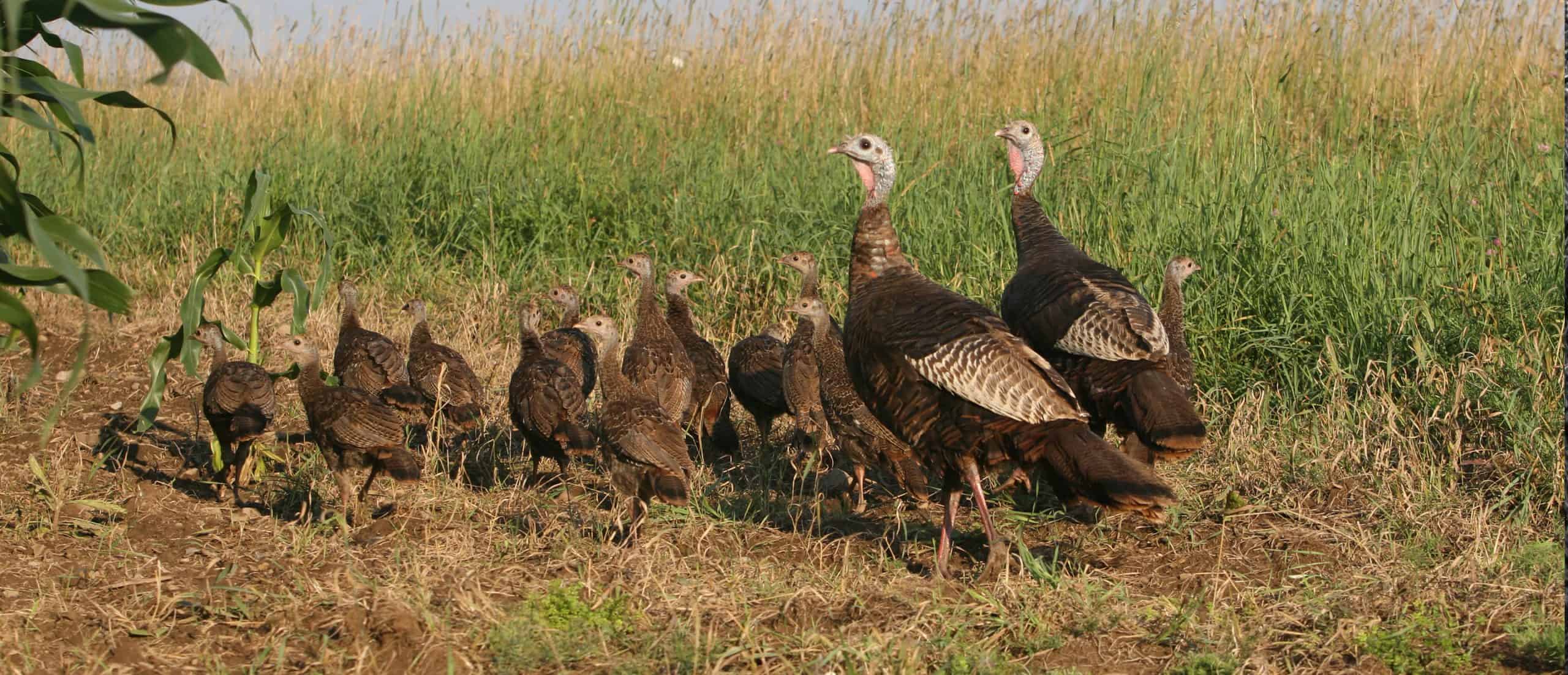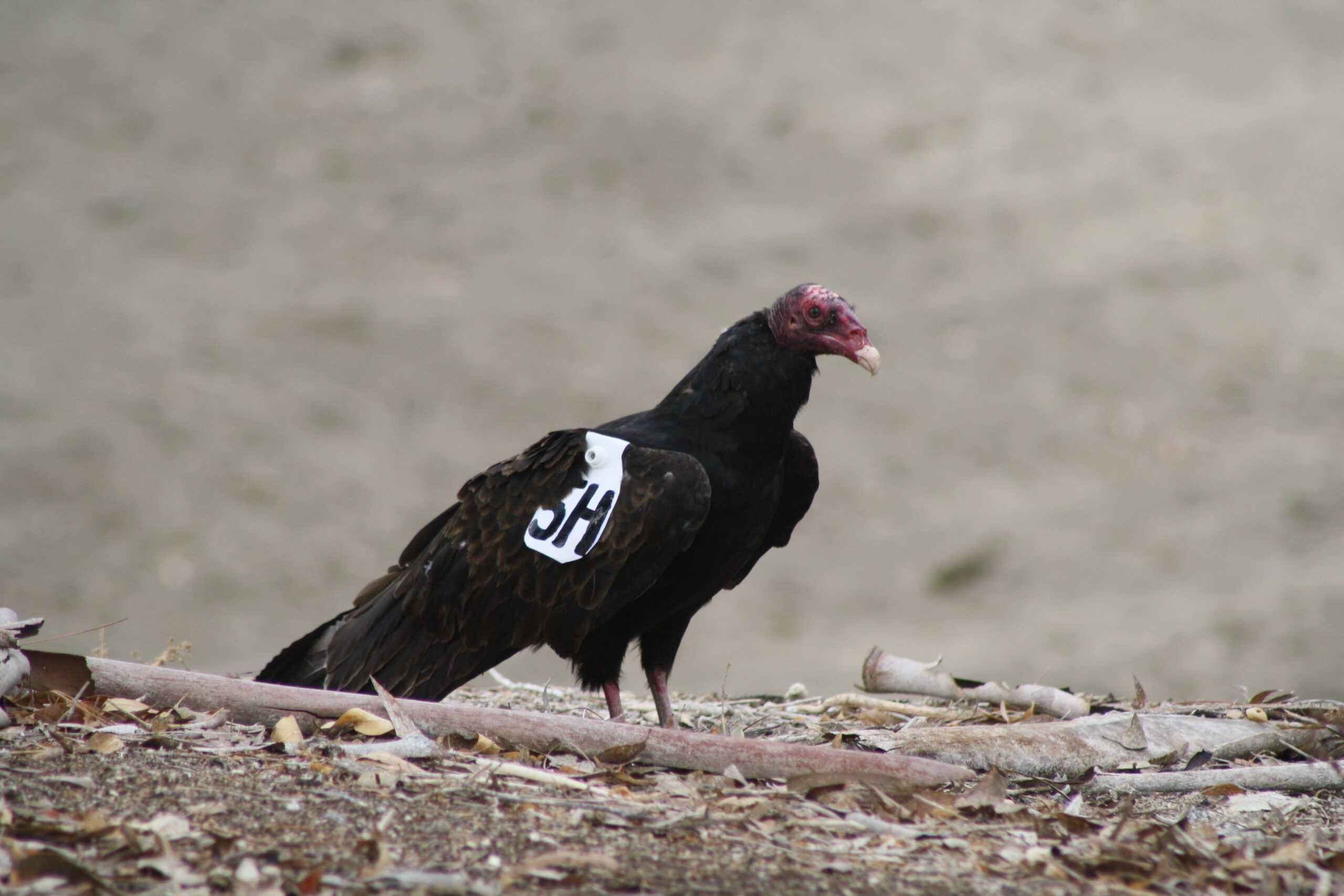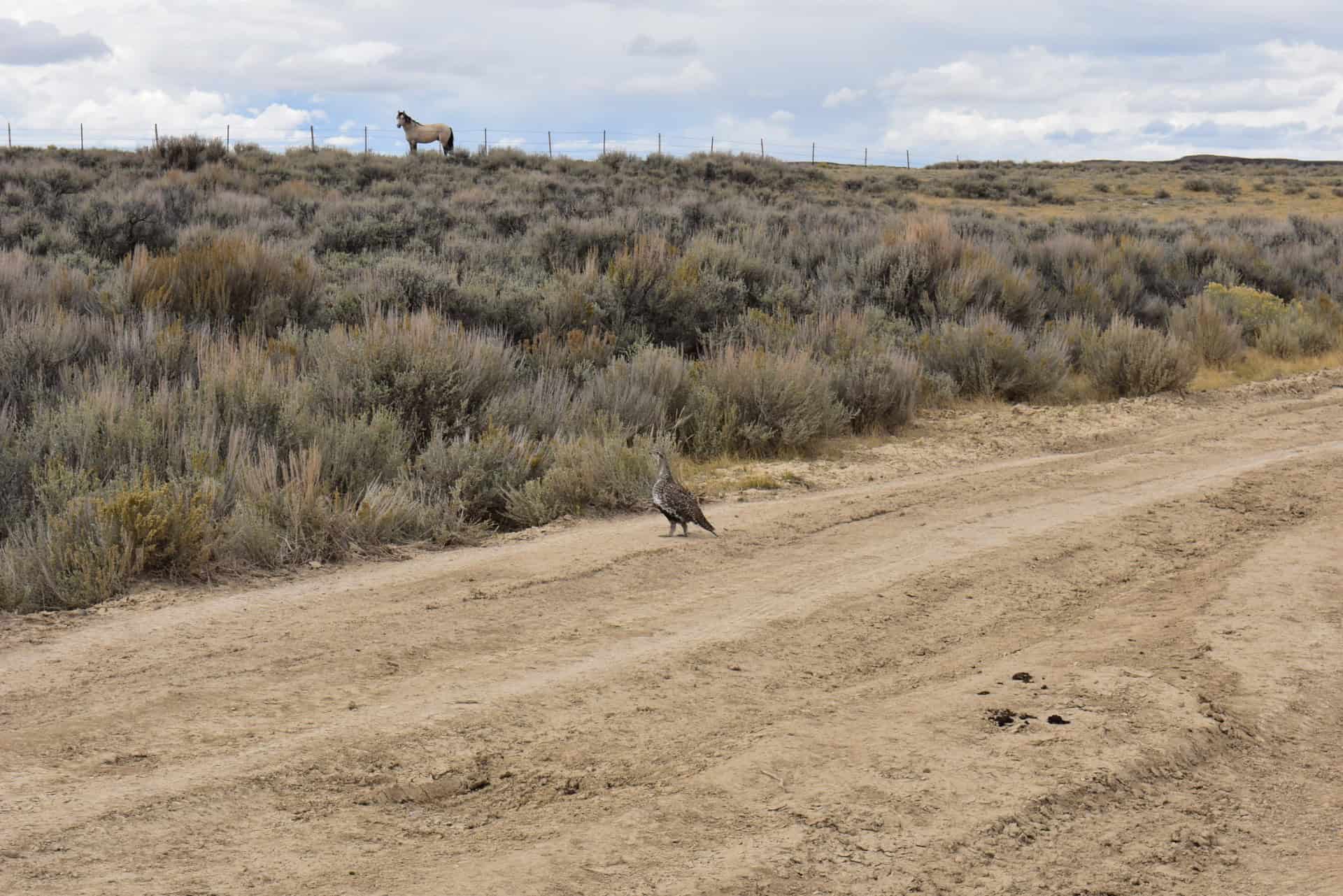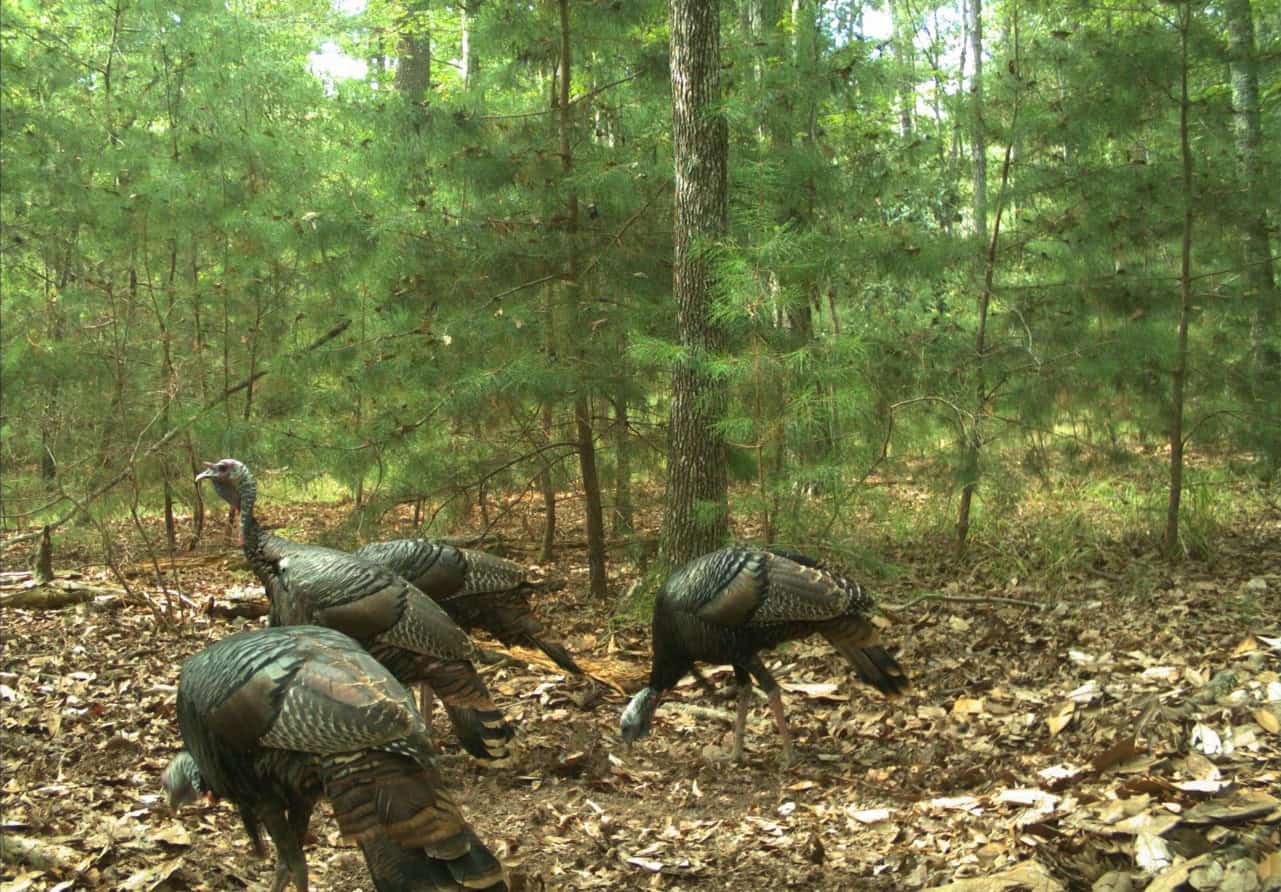Share this article
NWTF seeks wild turkey research proposals
The National Wild Turkey Federation is funding research projects on critical topics
The National Wild Turkey Federation is accepting applications for its Wild Turkey Research Request for Proposals, a program that supports wild turkey research projects across the country. The request for proposal follows an effort last year that allocated $360,000 for seven wild turkey projects.
“We are at a junction where there are many new questions being raised about wild turkey ecology,” said Mark Hatfield, NWTF director of conservation services. “Disease, population dynamics, habitat use, nest success, hunter influence—there are many areas that need greater understanding to deliver optimal conservation and management; this is where research comes in.”
The NWTF invites proposals that investigate the dynamics and drivers of the “post-restoration era” as well as those that address one or more of the following research priorities:
- Development of regional and national population and abundance estimates
- Evaluation and development of habitat management practices and habitat conditions that would increase wild turkey nest success and poult survival
- Investigation of underlying wild turkey diseases and their impacts on wild turkey populations
- Understanding the effects of harvest management strategies and season structure on wild turkey populations
- Wild turkey (adult and poult) survival and correlated causes of mortality
All projects must have a minimum 3-to-1 leverage rate and may span up to three years in length. Applicants are highly encouraged to obtain endorsement from the representative NWTF state chapter(s) and the representative state wildlife agency(ies) while investigating one or more of the above topics.
Applicants must submit proposals no later than May 1, 2023, for consideration. Project funding awards will be announced during the NWTF National Leadership Conference, June 2023. Proposals will be scored and ranked by the NWTF Technical Committee and NWTF conservation staff on the applicability of the projects, scientific rigor, partner engagement and secured matching funds.
Header Image: The National Wild Turkey Federation is accepting applications for research proposals. Credit: Monte Loomis.








